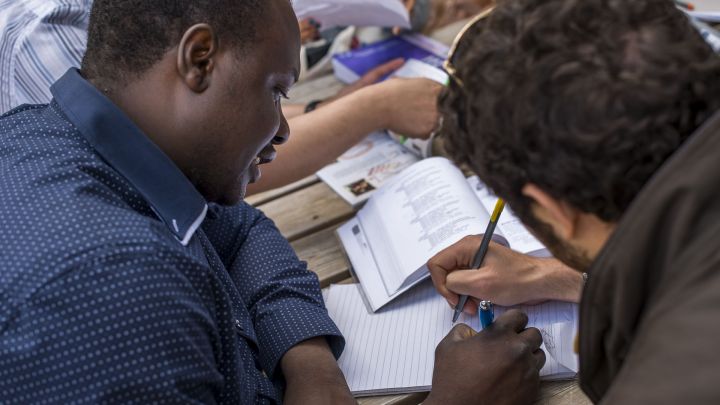PERG Summer Seminar Series - The power paradigm in practice: a critical review of developments in the Zambian electricity sector

This event has taken place
View all upcoming events at Kingston University.
Time: 3.00pm - 4.00pm
Price:
free
Speaker(s): Gabriel Pollen (University of Zambia)

Political Economy Research Group
PERG is a group of researchers who believe that effective demand, institutions and social conflict are of fundamental importance for the understanding of economic relationships and outcomes. Furthermore economic analysis should be embedded in a pluralist approach, allowing different schools of thought providing a broad basis for scientific progress.
Seminar topic
Sub-Saharan Africa lags behind the rest of the world in electricity access and consumption. Infrastructure deficiencies are framed in terms of a "financing gap", with policy oriented around attracting global private capital. Recent calls for increased private infrastructure investment follow three decades of market-oriented sector reforms. This paper explores the way that this standard policy paradigm has unfolded in Zambia. Drawing on the Systems of Provision approach we focus on three core interconnected segments of the electricity system: the performance of the state utility, Zesco; private sector participation and cost-recovery pricing. The paper shows that Zesco has run into major difficulties since 2015 due to a crisis in hydro resources and adverse currency movements. In line with the policy paradigm, the utility has signed up to a number of agreements with international independent power producers (IPPs) to diversify power sources, and tariffs have been raised to improve Zesco's financial situation. However, closer inspection reveals contradictions, biases and inconsistencies in this standard policy package when applied in practice. Zesco's acutely debilitating financial position is a relatively recent occurrence. Short-term fluctuations in hydro power, for which intermittent back-up is needed, have instead been addressed with new decades-long contracts for fossil fuel generation. IPPs have provided generous returns for foreign investors but have created long-term, dollar-denominated liabilities for Zesco, contributing to a weakening financial position. Tariffs have been raised but households cannot afford to pay a price that covers Zesco's increased costs. The proliferation of IPPs appears to have worsened the situation. The paper shows that energy sector policies organised around the entry of private capital are problematic and likely to contribute to a dynamic of unequal global capital accumulation. Greater attention is needed to social equity, with policies oriented around domestic circumstances and the specific challenges faced.
Seminar speaker
Gabriel Pollen is a Lecturer and Researcher at the University of Zambia with research interests in structural transformation, energy policy and debt dynamics in Zambia.
Booking is essential to attend this event.
For further information about this event:
Contact: Dr Christina Wolf
Email: C.Wolf@kingston.ac.uk
